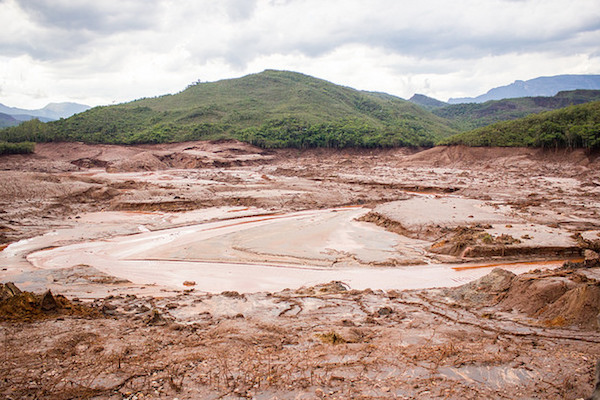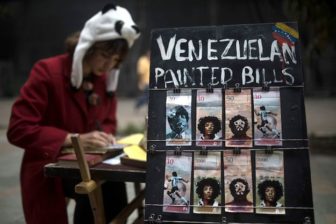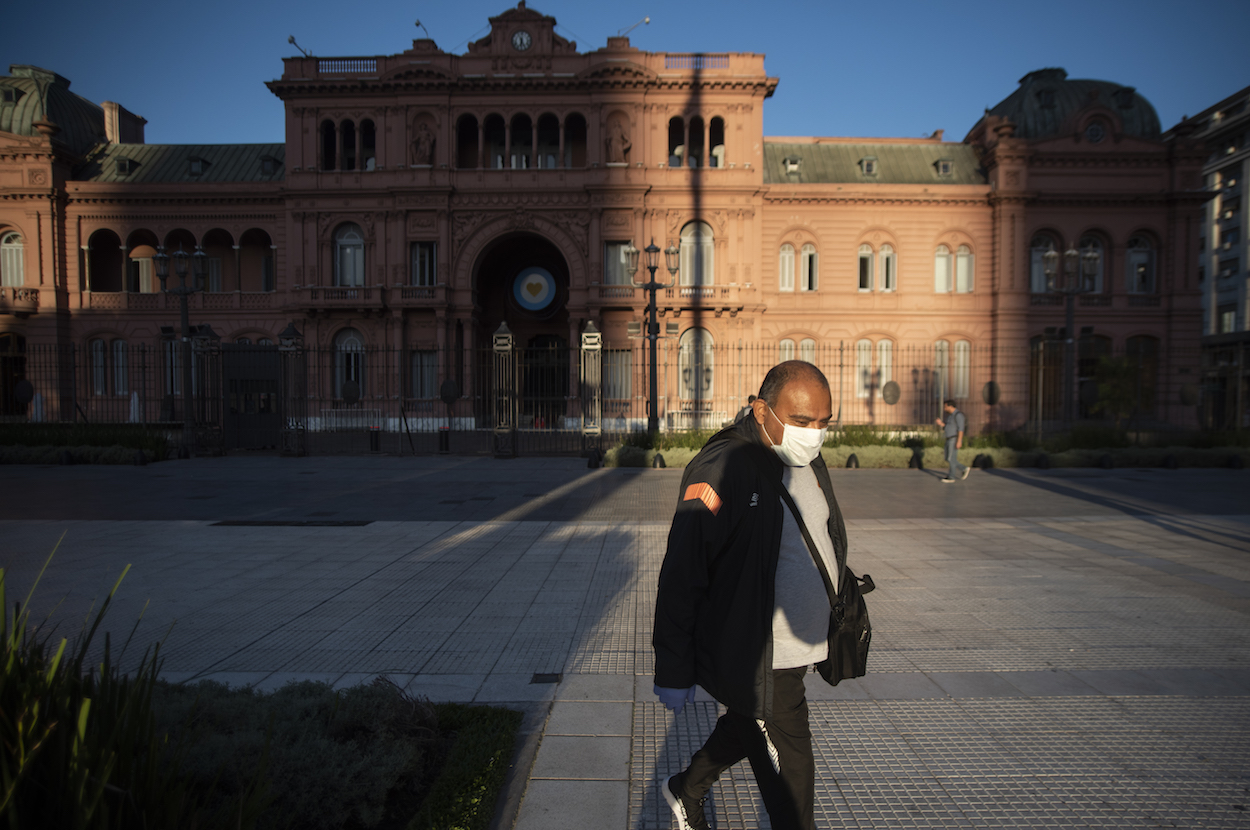Sign up here to get This Week in Latin America delivered straight to your inbox every Monday.
Samarco Settlement: Nearly four months after a burst mining dam in Brazil killed 19 people and caused a wave of toxic sludge to pollute major water sources, mine owner Samarco Mineração S.A. is expected Monday to announce a financial settlement with the Brazilian government. Joint venture partners Vale and BHP Billiton, which own Samarco, reportedly agreed Thursday to provide 4.4 billion reais ($1.1 billion) in compensation between 2016 and 2018– less than a quarter of the 20 billion reais the government originally sought for the environmental disaster. But the miners may yet pay more. Federal prosecutors are already threatening further lawsuits, and six Samarco executives and a contractor face charges of qualified homicide.
Brazil’s Justice Minister to Resign: Brazilian Justice Minister José Eduardo Cardozo plans to resign amid criticism from his own Workers’ Party (PT) for failing to protect former President Luíz Inácio Lula da Silva from an ever-expanding corruption investigation of state-run oil giant Petrobras. With Lula facing subpoena, PT staff have reportedly pressured Cardozo to step in to stop what they believe is a politicized targeting of the former president. Cardozo has served since 2011 as minister under President Dilma Rousseff, whose political future is also uncertain. The arrest of one of her top political advisers last week on allegations he received $7.5 million in illicit funds stolen from Petrobras has fueled speculation that she could be toppled by impeachment or the judicial revocation of her mandate, known as cassação.
Revisiting Iguala: Forensic experts in Mexico are reexamining the site of the supposed remains of 43 students who were kidnapped during a protest in September 2014. It is the third attempt to establish with certainty thesequence of events that occurred near Iguala, in Guerrero state, when a group of students from a teaching university in nearby Ayotzinapa went missing after a confrontation with authorities. A group of international experts from the GIEI, an international investigative body, rejected the government’s official version of events in a scathing report released in September of last year. The group now examining the site, also from GIEI but working in conjunction with the Mexican attorney general’s office, will release its findings before March 31.
Almagro in China: OAS Secretary General Luis Almagro is in China this week in what is the first official visit to the country by a head of the regional organization. Economic slowdown in China and currency woes in much of Latin America have combined to reduce Chinese trade with parts of the region (albeit from historic highs); Chinese trade with Brazil fell from $83.3 billion in 2013 to $66.3 billion in 2015. Nonetheless, China has pledged to invest $250 billion in Latin America in the next decade, and Almagro has said that cooperation with the world’s second-largest economy is a top priority for the OAS. Almagro was Uruguay’s ambassador to China from 2005 to 2010.
Economy in Brief:
Colombia will purchase up to 7 gigawatts of electricity per day from Ecuador, amid severely reduced domestic hydroelectric production.
The IMF reduced its 2016 GDP growth estimate for Paraguay from 3.8 percent to 3.0 percent.
Venezuela met a February 26 deadline to pay down $1.5 billion in foreign debt.







